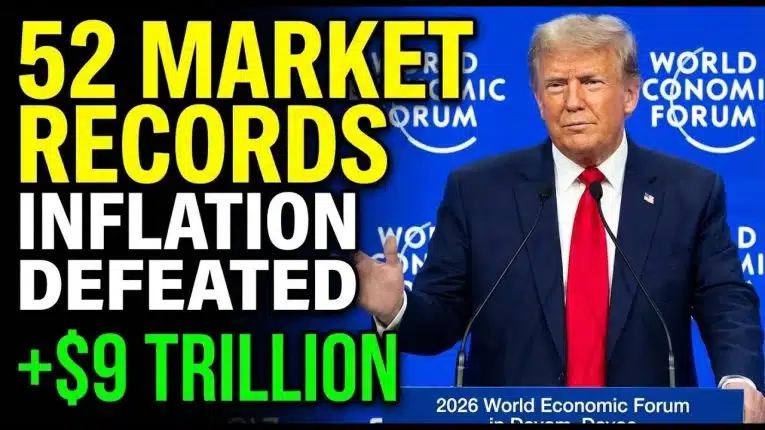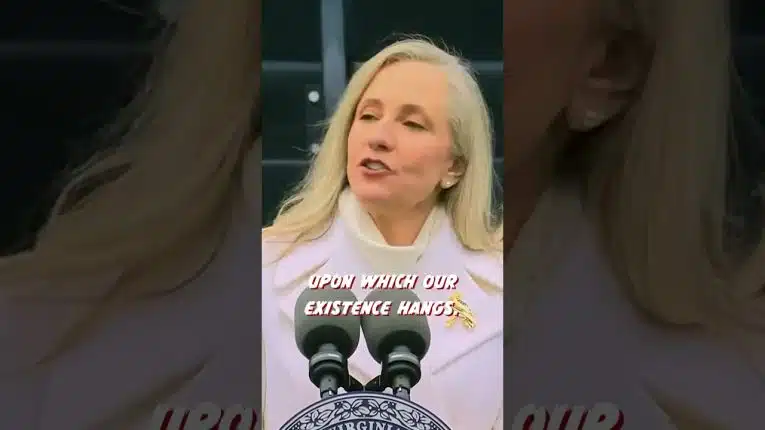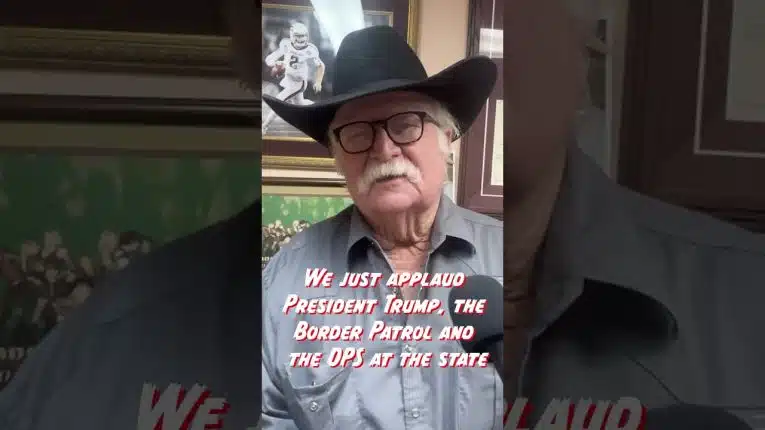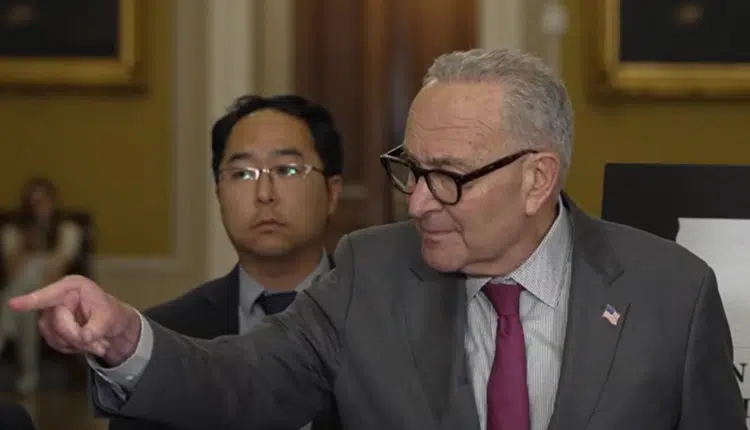 By Rebekah Rast — You need a proper form of government ID to drive a vehicle, buy alcohol or tobacco products, and even to apply for welfare assistance, so why not require an ID to vote?
By Rebekah Rast — You need a proper form of government ID to drive a vehicle, buy alcohol or tobacco products, and even to apply for welfare assistance, so why not require an ID to vote?
That’s the line of thinking of South Carolina Gov. Nikki Haley, who, along with South Carolina Attorney General Alan Wilson, are filing suit against the U.S. Department of Justice, which recently rejected the state’s new Voter ID law, enforcing provisions of the 1965 Voting Rights Act.
Last May, South Carolina state lawmakers passed a law requiring voters show a valid, state-approved photo ID before they cast a ballot. But the U.S. Justice Department rejected the law saying it discriminated against minority voters.
But when you need a valid form of government ID in so many other daily situations, how is it discriminatory to ask for one before exercising your right to vote?
States like Georgia, Indiana, Mississippi, Wisconsin, Kansas, Tennessee and, if approved by the Department of Justice, Texas, all have strict photo ID voting laws. South Carolina hopes to join them.
Supporters of voter ID say it helps to prevent voter fraud.
“Voting in this country is one of our most valuable honors and rights as U.S. citizens,” says Bill Wilson, president of Americans for Limited Government (ALG). “If people lose trust in the voting system then our entire democracy and the framework of our government is lost. Requiring voters to show a valid ID is an easy step to take that keeps people’s trust in the system.”
On the other hand, many agree with the concerns coming from the U.S. Justice Department that voter ID can lead to discrimination.
When voter ID was passed in Mississippi last year, many felt it was an attack on non-whites.
“Our analysis shows that Mississippi’s voter ID law is another example of a law with a racially discriminatory effect being implemented over minority voters’ strong objections,” Barbara Arnwine, executive director of the Lawyers’ Committee for Civil Rights Under Law, told the Huffington Post. “Seventy-five percent of minorities in the state said no to having to comply with what amounts to a modern-day poll tax in order to exercise their fundamental right to vote.”
Voter ID is a contentious topic that clearly strikes a nerve with those who are adamantly against it as well as those who fully support it, which is likely why many states have no voter ID laws at all.
But despite the arguments for or against voter ID, America’s past does contain allegations and some possible shreds of proof of voter fraud.
One such controversial election was in 1984 in Indiana’s 8th district. The election battle was so tight between Rep. Frank McCloskey (D-IN) and Republican-challenger Rick McIntyre that the results were decided upon in Congress.
After a recount of votes by Indiana’s Secretary of State that ruled McIntyre the winner, the Democratic-controlled House refused to seat either candidate until it conducted its own investigation. With a task force leading the investigation composed of two Democrats and one Republican, McCloskey took his seat in the House where he was claimed the winner by only four votes. Republicans temporarily left the House Chamber in protest.
In another instance, during the 1996 Congressional elections, Rep. Loretta Sanchez (D-CA) came under fire of Republicans as she took her place in the House replacing former incumbent Rep. Robert K. Dornan (R-CA) in California’s 46th district.
House sources to this day say former Rep. Dornan’s seat was stolen from him.
The House Oversight Committee, then led by Republicans, launched an investigation into the race and found that non-U.S. citizens voted in the election, possibly attributing to Rep. Sanchez’s lead over Dornan.
Speculation still ensues over recent elections such as now Sen. Al Franken (D-MN) winning over former Sen. Norm Coleman (R-MN) in the 2008 Senate election in Minnesota State. Also, the Washington State governor’s race of 2004 was decided by 133 votes out of 2.8 million cast. Recounting the votes a third time was the ticket for Democrat Christine Gregoire who was declared a winner by a state judge even after losing in two separate recounts against Republican Dino Rossi.
These states that want a strict voter ID law want to protect the rights of voters and the honor of the voting system. Their objective is not to discriminate.
What happens when citizens lose trust in a nation’s government is they become subjects instead of citizens. In the words of Joseph Stalin: “The people who cast the votes decide nothing. The people who count the votes decide everything.”
Those words should never ring true in America.
Rebekah Rast is a contributing editor to Americans for Limited Government (ALG) and NetRightDaily.com. You can follow her on twitter at @RebekahRast.






